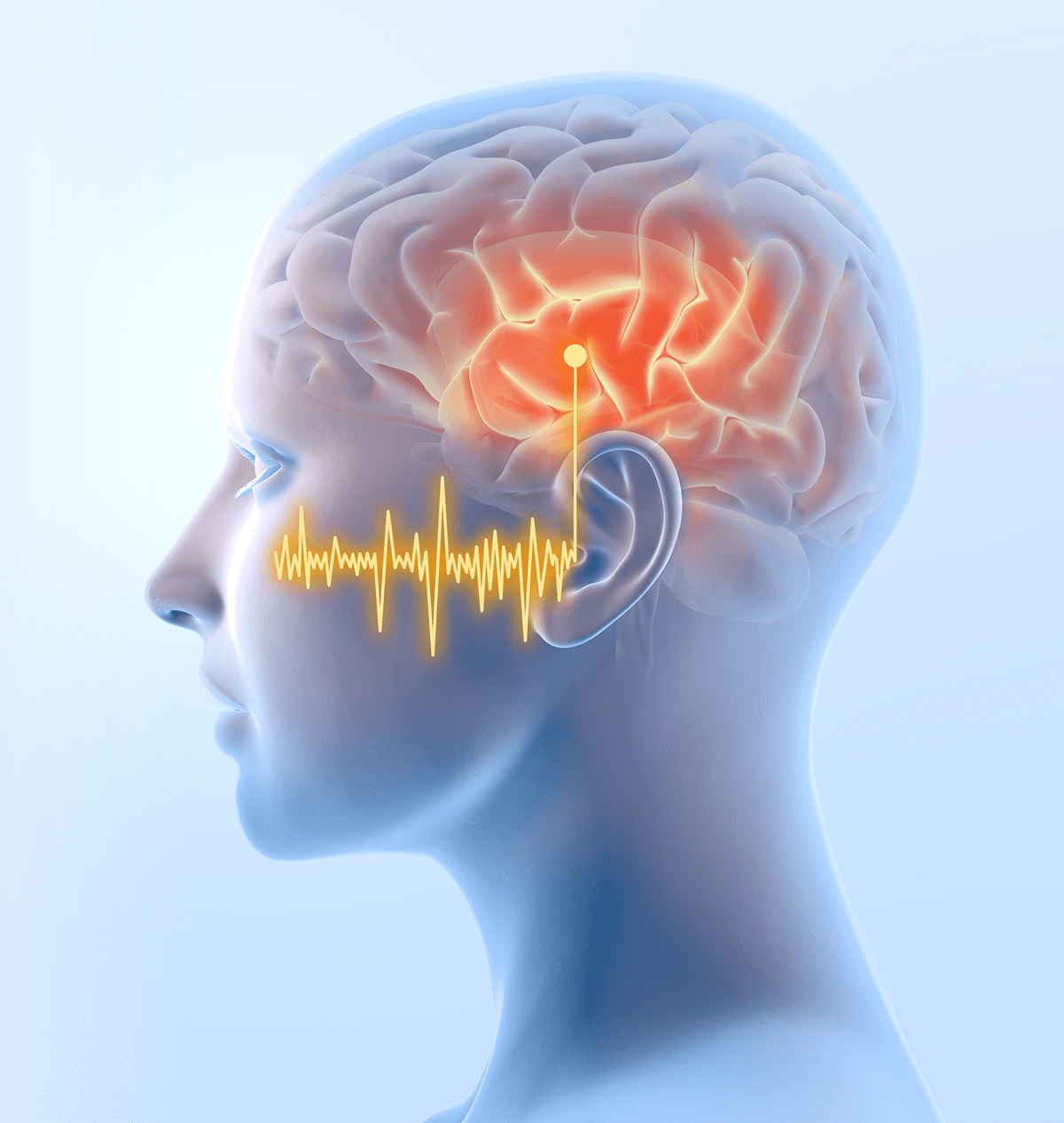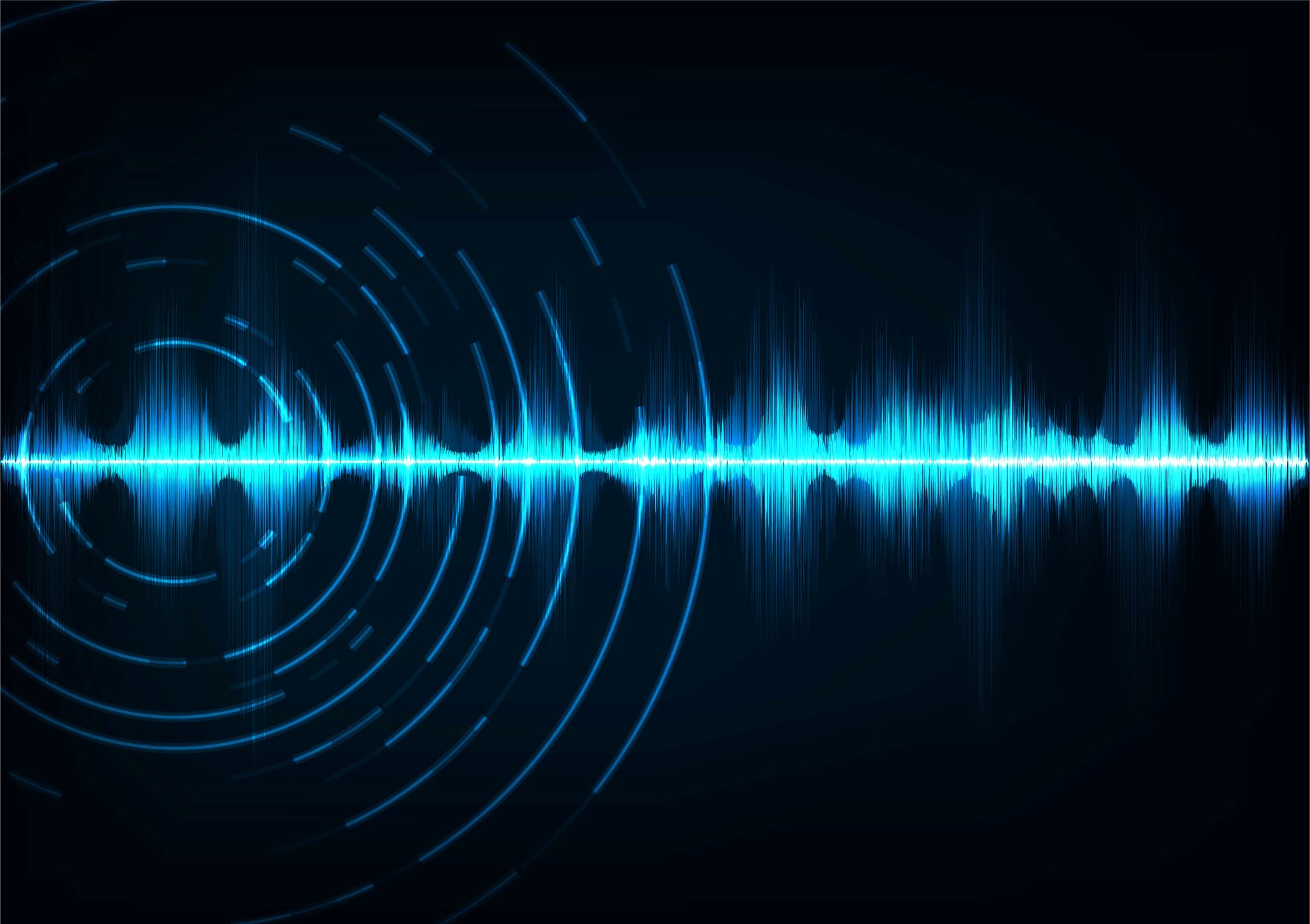Tinnitus (pronounced tin-NIGHtis or TIN-uh-tis) is a ringing, humming, buzzing, or other sound in your head or ears that does not have an outside source. The sound comes from within your head. For most people, tinnitus is a constant sound. Tinnitus is not a disease – it is a symptom.
Sound vibrations in the air become coded signals that the brain interprets as
sound. With tinnitus, there are no sound wave vibrations causing nerve fibers
to fire. With most forms of tinnitus, some of the nerve fibers are firing on their
own. The brain interprets these signals as sound.



